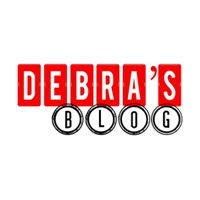Developing Better Interviewing Skills
By Debra Fine
There are several dimensions to developing better interviewing skills you may want to consider.
- Appearance
- Content Knowledge and Skills
- Personal Presence
- Connection with the Interviewer
- Career Context
Appearance — What is the culture of the organization in terms of appearance? It helps to look the part.
Content Knowledge and Skills — Have you demonstrated exactly how the knowledge and skills you have relate to the organization’s needs? Do not expect them to translate your experience into their world. You need to do this, credibly. First, make sure you understand what their needs are, and then make sure you speak specifically to how your experience and skills will add value to the organization.
Personal Presence — When someone comes into my office for an interview flustered, harried, bored, or looking very self-conscious, it detracts from their success in the interview. The interview begins with the receptionist and includes all your interactions. Be your best self. Do what you need to in order to get your act together and project a positive, professional style. Shake hands, look people in the eye and smile with confidence. Authentic, knowledgeable responses to questions build your credibility. Take your time and answer questions fully, but do not ramble. Use examples from your past work that are relevant. You may want to prepare in advance several specific answers to common questions. You may not be asked those exact questions, but you will be better prepared to deal with the questions that do come up.
Connection with the Interviewer — Make sure you look for areas you can connect with. Express an interest in ideas or values that are shared, photos on the wall, books, or other aspects of the interviewer that you can identify with. You are looking for genuine, friendly points of connection between two humans, preferably as it relates to the industry, or other rofessional subject matter.
Career context — Being able to communicate what this position is to you in relation to your overall career plans is important. I suggest using this basic format: In the past I… Right now I am… And in the future I plan to… Fit the whole picture together so that people have a better sense of where you are in your career, and what you are interested in right now.

